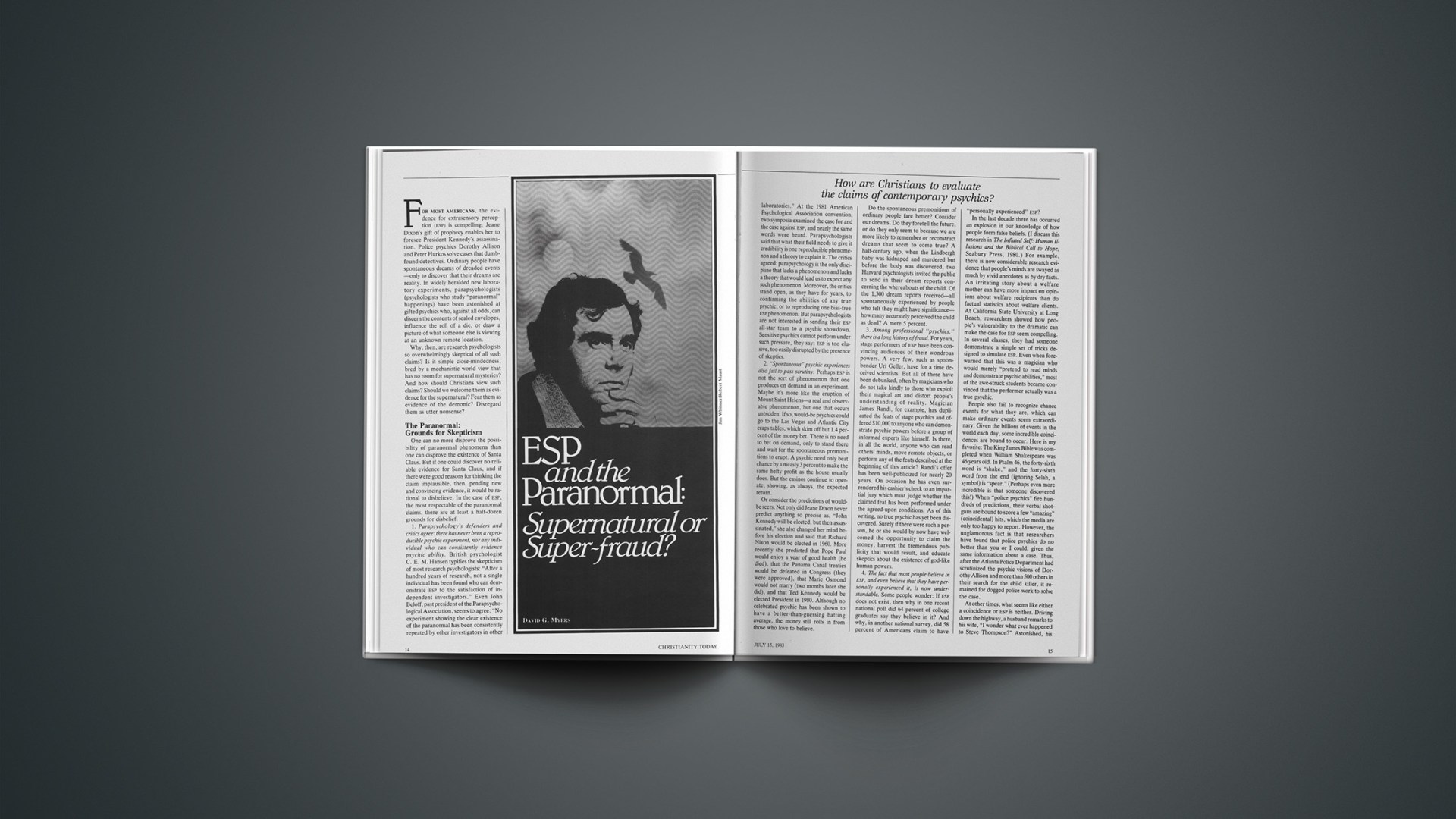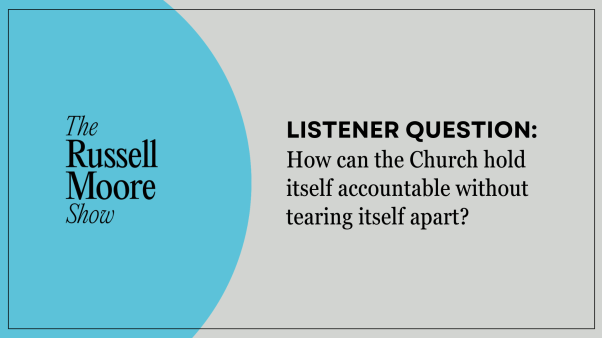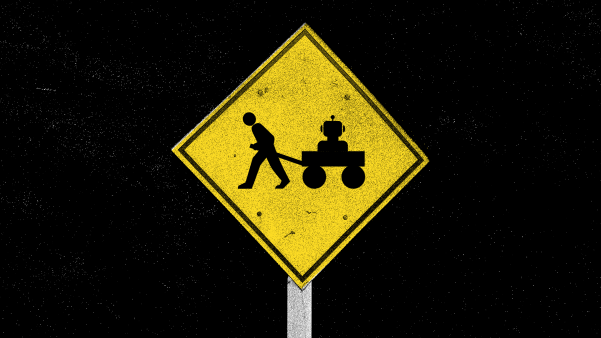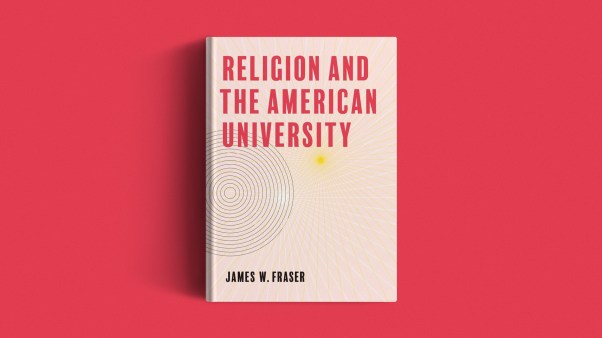How are Christians to evaluate the claims of contemporary psychics?
For most Americans, the evidence for extrasensory perception (ESP) is compelling: Jeane Dixon’s gift of prophecy enables her to foresee President Kennedy’s assassination. Police psychics Dorothy Allison and Peter Hurkos solve cases that dumbfound detectives. Ordinary people have spontaneous dreams of dreaded events—only to discover that their dreams are reality. In widely heralded new laboratory experiments, parapsychologists (psychologists who study “paranormal” happenings) have been astonished at gifted psychics who, against all odds, can discern the contents of sealed envelopes, influence the roll of a die, or draw a picture of what someone else is viewing at an unknown remote location.
Why, then, are research psychologists so overwhelmingly skeptical of all such claims? Is it simple close-mindedness, bred by a mechanistic world view that has no room for supernatural mysteries? And how should Christians view such claims? Should we welcome them as evidence for the supernatural? Fear them as evidence of the demonic? Disregard them as utter nonsense?
The Paranormal: Grounds For Skepticism
One can no more disprove the possibility of paranormal phenomena than one can disprove the existence of Santa Claus. But if one could discover no reliable evidence for Santa Claus, and if there were good reasons for thinking the claim implausible, then, pending new and convincing evidence, it would be rational to disbelieve. In the case of ESP, the most respectable of the paranormal claims, there are at least a half-dozen grounds for disbelief.
1. Parapsychology’s defenders and critics agree: there has never been a reproducible psychic experiment, nor any individual who can consistently evidence psychic ability. British psychologist C. E. M. Hansen typifies the skepticism of most research psychologists: “After a hundred years of research, not a single individual has been found who can demonstrate ESP to the satisfaction of independent investigators.” Even John Beloff, past president of the Parapsychological Association, seems to agree: “No experiment showing the clear existence of the paranormal has been consistently repeated by other investigators in other laboratories.” At the 1981 American Psychological Association convention, two symposia examined the case for and the case against ESP, and nearly the same words were heard. Parapsychologists said that what their field needs to give it credibility is one reproducible phenomenon and a theory to explain it. The critics agreed: parapsychology is the only discipline that lacks a phenomenon and lacks a theory that would lead us to expect any such phenomenon. Moreover, the critics stand open, as they have for years, to confirming the abilities of any true psychic, or to reproducing one bias-free ESP phenomenon. But parapsychologists are not interested in sending their ESP all-star team to a psychic showdown. Sensitive psychics cannot perform under such pressure, they say; ESP is too elusive, too easily disrupted by the presence of skeptics.
2. “Spontaneous” psychic experiences also fail to pass scrutiny. Perhaps ESP is not the sort of phenomenon that one produces on demand in an experiment. Maybe it’s more like the eruption of Mount Saint Helens—a real and observable phenomenon, but one that occurs unbidden. If so, would-be psychics could go to the Las Vegas and Atlantic City craps tables, which skim off but 1.4 percent of the money bet. There is no need to bet on demand, only to stand there and wait for the spontaneous premonitions to erupt. A psychic need only beat chance by a measly 3 percent to make the same hefty profit as the house usually does. But the casinos continue to operate, showing, as always, the expected return.
Or consider the predictions of would-be seers. Not only did Jeane Dixon never predict anything so precise as, “John Kennedy will be elected, but then assassinated,” she also changed her mind before his election and said that Richard Nixon would be elected in 1960. More recently she predicted that Pope Paul would enjoy a year of good health (he died), that the Panama Canal treaties would be defeated in Congress (they were approved), that Marie Osmond would not marry (two months later she did), and that Ted Kennedy would be elected President in 1980. Although no celebrated psychic has been shown to have a better-than-guessing batting average, the money still rolls in from those who love to believe.
Do the spontaneous premonitions of ordinary people fare better? Consider our dreams. Do they foretell the future, or do they only seem to because we are more likely to remember or reconstruct dreams that seem to come true? A half-century ago, when the Lindbergh baby was kidnaped and murdered but before the body was discovered, two Harvard psychologists invited the public to send in their dream reports concerning the whereabouts of the child. Of the 1,300 dream reports received—all spontaneously experienced by people who felt they might have significance—how many accurately perceived the child as dead? A mere 5 percent.
3. Among professional “psychics,” there is a long history of fraud. For years, stage performers of ESP have been convincing audiences of their wondrous powers. A very few, such as spoon-bender Uri Geller, have for a time deceived scientists. But all of these have been debunked, often by magicians who do not take kindly to those who exploit their magical art and distort people’s understanding of reality. Magician James Randi, for example, has duplicated the feats of stage psychics and offered $10,000 to anyone who can demonstrate psychic powers before a group of informed experts like himself. Is there, in all the world, anyone who can read others’ minds, move remote objects, or perform any of the feats described at the beginning of this article? Randi’s offer has been well-publicized for nearly 20 years. On occasion he has even surrendered his cashier’s check to an impartial jury which must judge whether the claimed feat has been performed under the agreed-upon conditions. As of this writing, no true psychic has yet been discovered. Surely if there were such a person, he or she would by now have welcomed the opportunity to claim the money, harvest the tremendous publicity that would result, and educate skeptics about the existence of god-like human powers.
4. The fact that most people believe in ESP, and even believe that they have personally experienced it, is now understandable. Some people wonder: If ESP does not exist, then why in one recent national poll did 64 percent of college graduates say they believe in it? And why, in another national survey, did 58 percent of Americans claim to have “personally experienced” ESP?
In the last decade there has occurred an explosion in our knowledge of how people form false beliefs. (I discuss this research in The Inflated Self: Human Illusions and the Biblical Call to Hope, Seabury Press, 1980.) For example, there is now considerable research evidence that people’s minds are swayed as much by vivid anecdotes as by dry facts. An irritating story about a welfare mother can have more impact on opinions about welfare recipients than do factual statistics about welfare clients. At California State University at Long Beach, researchers showed how people’s vulnerability to the dramatic can make the case for ESP seem compelling. In several classes, they had someone demonstrate a simple set of tricks designed to simulate ESP. Even when forewarned that this was a magician who would merely “pretend to read minds and demonstrate psychic abilities,” most of the awe-struck students became convinced that the performer actually was a true psychic.
People also fail to recognize chance events for what they are, which can make ordinary events seem extraordinary. Given the billions of events in the world each day, some incredible coincidences are bound to occur. Here is my favorite: The King James Bible was completed when William Shakespeare was 46 years old. In Psalm 46, the forty-sixth word is “shake,” and the forty-sixth word from the end (ignoring Selah, a symbol) is “spear.” (Perhaps even more incredible is that someone discovered this!) When “police psychics” fire hundreds of predictions, their verbal shotguns are bound to score a few “amazing” (coincidental) hits, which the media are only too happy to report. However, the unglamorous fact is that researchers have found that police psychics do no better than you or I could, given the same information about a case. Thus, after the Atlanta Police Department had scrutinized the psychic visions of Dorothy Allison and more than 500 others in their search for the child killer, it remained for dogged police work to solve the case.
At other times, what seems like either a coincidence or ESP is neither. Driving down the highway, a husband remarks to his wife, “I wonder what ever happened to Steve Thompson?” Astonished, his wife replies, “I was just about to say the same thing!” Both are unaware of what stimulated their common memory of Steve—perhaps a voice like his on a radio ad a few moments before. Given how difficult it is for people to assess the mysterious workings of their minds, they naturally attribute such common thoughts to “mental telepathy.”
One of the most startling facts about the human mind is the extent to which preconceived notions bias the way information is interpreted and remembered. Sometimes our minds block something we could readily see if only we were predisposed to perceive it. While reading these words, for example, you have probably been unaware until this moment that you were looking at your nose.
Our prejudgments can also induce us to see and recall what we already believe. Given a psychic prediction that is vague enough to allow a variety of later interpretations, most people, once they know the facts, will tend to recall and interpret the prediction as fulfilled. Even when shown purely random events, people easily become convinced that significant relationships are occurring—when they expect to see them. Conversely, premonitions that clearly fail are usually forgotten. The 95 percent whose dreams incorrectly anticipated the fate of the kidnaped Lindbergh baby surely forgot their dreams sooner than did the 5 percent whose premonitions were accurate.
Researchers have used these deficiencies in human intuition to manufacture false beliefs in ESP. Fred Ayeroff and Robert Abelson asked 100 Yale students to try to transmit mentally one of five possible symbols to another student, who would guess what was transmitted. Their “ESP” success rate was nearly identical to the chance rate of 20 percent. Nevertheless, when students were drawn into the drama of experiment by choosing their symbols and being given a “warm-up” period, more than 50 percent of the time they felt “confident” that they were experiencing ESP.
These mental processes are some of the ingredients in human nature’s recipe for convincing gullible minds of phenomena that may not exist. Indeed, these illusory thinking tendencies are so powerful that whether psychic powers exist or not, it seems almost inevitable that humanity would convince itself of such.
5. The accumulating evidence of the dependence of mind on brain is evidence against the presumption that mind can function (or travel) separate from brain. Although many Christian writers have touted ESP as proof of a nonmaterial essence in human nature, books and articles along these lines usually display a seeming ignorance—ignorance about the scientific status of ESP, and ignorance of the emerging biblical and scientific conceptions of human nature as a bounded mind-body unity. Investigations of the correspondence between our brain states and our emotions, thoughts, and actions indicate that the mind is linked to the body as closely as is a telephone message to the electrical events in the phone line. This modern view parallels the ancient holistic view of the Hebrew people, expressed also in the radical Christian hope of a resurrected mind-body unit. In both views, the idea that minds could travel and communicate independently of bodies has become as implausible as the idea that telephone messages could travel independently of the phone equipment.
6. The Bible counsels us to be skeptical of those who claim god-like abilities. We humans have always had a hard time accepting our finiteness. In the Creation story, humanity’s fall occurred when the human limits were denied rather than accepted. Today, believers in ESP proclaim our (or their) potential to mimic God: to be omniscient—reading others’ minds and knowing the future; to be omnipresent—traveling out of body and viewing events in remote locations; to be omnipotent—moving or even destroying objects with the mind’s hidden powers. Science, by debunking such self-deifying claims, sides with biblical religion, which proclaims that our hope lies not in our mental powers or in the immortality of our disembodied minds, but in a being who created and accepts our limits and who promises to recreate us. Not surprisingly, surveys reveal that people who have given up believing in such a being are more likely to find paranormal claims credible. As George Tyrell declared, “If [people’s] craving for the mysterious, the wonderful, the supernatural, be not fed on true religion it will feed itself on the garbage of any superstition that is offered to it.”
For all these reasons, open skepticism seems the informed response to the modern avalanche of psychic claims. Most skeptical scientists and magicians are indeed open to belief should any demonstrable phenomenon be discovered. Are believers in ESP equally willing to say what would cause them to disbelieve? What would it take? How many failed attempts to demonstrate a reproducible psychic phenomenon? How many years of casinos getting their expected returns? How many psychic hoaxes? How many failures to pass Randi’s $10,000 challenge? How much evidence concerning the dependence of mind on brain? How much biblical wisdom about our human limits?
The Supernatural: Can A Skeptic Believe?
I have often been asked: How can you disbelieve these paranormal claims—and then turn right around and believe other equally paranormal (beyond-the-normal, unexplainable) claims, such as the existence of God, the resurrection of Jesus, and life after death? Several replies are possible.
First, the question is no different than my asking the questioner: How can you disbelieve in Santa Claus, yet believe in Jesus? Surely, believing some unproven claims needn’t require believing all such claims. Faith is not blind credulity.
Second, there is a clear difference between the easily testable claims of ESP and the faith claims that God exists or the dead shall rise. Take, for example, those who claim to see colored auras surrounding people’s bodies. Magician Randi proposes a simple test of this claim. His typical conversation with such “psychics” goes something like this: Randi: “Do you see an aura around my head?”
Psychic: “Sure.”
Randi: “Can you still see the aura if I put this magazine in front of my face?”
Psychic: “Of course.”
Randi: “Then if I were to step behind a wall barely taller than I am, you could determine my location from the aura visible above my head, right?”
Randi reports that no aura seer has yet agreed to take this simple test. That most Christian claims are not similarly refutable does not mean they are true, for neither are they provable. But at least they: (1) have not been refuted, (2) are in many respects congenial with what we know about human nature, and (3) are defensible as worthy of our commitment.
Third, the Bible warns us against being misled by self-professed psychics. The Mosaic law was definite: “Don’t let your people practice divination or look for omens or use spells or charms, and don’t let them consult the spirits of the dead” (Deut. 18:10–11, GNB). In Isaiah (47:12–15, GNB) the Lord scoffs at the Babylonians’ pagan beliefs: “Keep all your magic spells and charms.… You are powerless in spite of the advice you get. Let your astrologers come forward and save you.… They will be like bits of straw.…”
True, the Bible does offer its own paranormal claims: Joseph’s predictive dream, Elisha’s dividing the Jordan river with his cloak, Jesus’ miracles. But in most of these cases the action is attributed to divine, not human power. Moreover, most biblical prophecy was less a prediction of the future than an understanding of where the present course was leading. A modern Amos would not name the date of the world’s next war, but would discern that if the nations of the world do not turn from their wicked ways a war without winners is likely. As for predictions of the future, Deuteronomy (18:22, GNB) counsels a scientific spirit: “If a prophet speaks in the name of the Lord and what he says does not come true, then it is not the Lord’s message.” This is the same spirit that Carl Sagan echoes today: “Skeptical scrutiny is the means, in both science and religion, by which deep insights can be winnowed from deep nonsense.”
Such skepticism can be carried to an extreme. Henrik Ibsen’s play The Wild Duck portrays the potentially harmful effects of destroying people’s comforting illusions without replacing them with something better. A healthy, open skepticism that can acknowledge mystery sometimes degenerates into a cold, close-minded cynicism. Still, skepticism is indeed healthy if it protects us from those who would exploit us. Jim Jones seduced people into his cult partly by using psychic fakery to convince them of his extraordinary gifts. Pseudoscience and the occult always threaten genuine science and religion, by distracting people’s fascination and sapping their time and money.
Skepticism is also a healthy part of the search for truth. Those who “worship God with their minds” search for truth in the belief that it is better to hope for things genuine than things unreal, better to base our lives on the rock of reality than the sands of illusion. Clearing the decks of false mysteries can free us to ponder the genuine mysteries of faith and life.
On this much the believers and skeptics of the paranormal agree: the topic is important. At issue is not just whether ESP exists, but our whole understanding of human nature. Do we possess divine, supernatural attributes? Or are we finite creatures of the one who declares, “I am God, and there is none like me” (Isa. 46:9)? Judaism and Christianity have historically maintained that we are not supernatural beings, that we are the creatures of the one great supernatural being. Still, we are tempted to deny our limits and see ourselves as beings who share the powers of God.
So, no Virginia, there apparently is no literal Santa Claus, and no divine power in our nature. But don’t dismay, for that’s okay. We can have dignity without having deity. After all, “Jesus loves us, this we know, for the Bible tells us so. Little ones to him belong; we are weak, but he is strong.”










